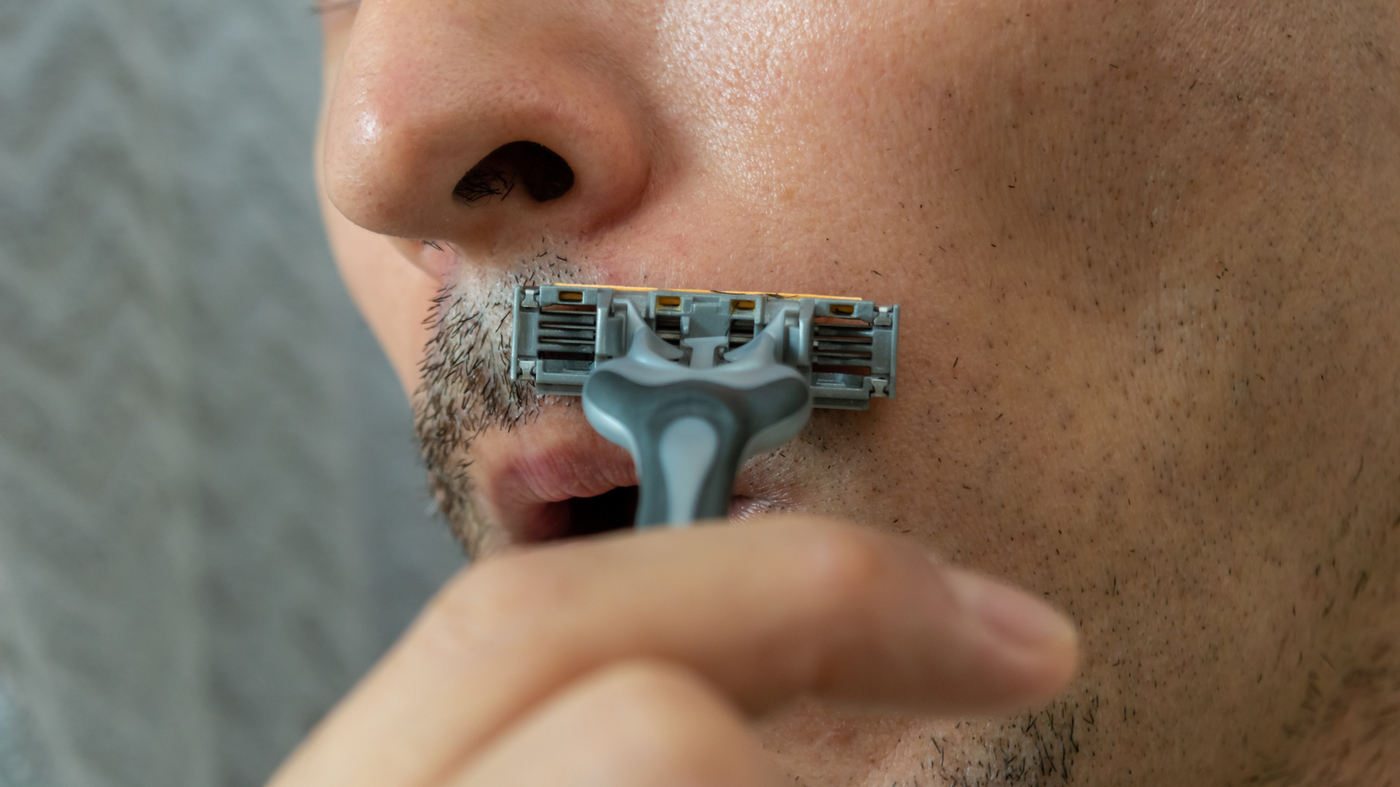I thought you guys would enjoy this:

 www.npr.org
www.npr.org
Perhaps one of the highlights here for those of you w/ wire-brush beards is this
"It found that, under the right conditions, a hair can actually produce tiny chips in the blade. That was unexpected, says Cemal Cem Tasan, a professor of metallurgy at MIT"
The actual article in Science is here:
 science.sciencemag.org
science.sciencemag.org
I just realized the lead author is originally from Turkey!! We should get him analyze the Derby Extra
Regards
Avi

Cutting-Edge Research Shows How Hair Dulls Razor Blades
Hair is soft compared with steel, but shaving can dull a razor surprisingly quickly. A new study examines exactly how a strand of hair can chip and crack a sharp blade.
Perhaps one of the highlights here for those of you w/ wire-brush beards is this
"It found that, under the right conditions, a hair can actually produce tiny chips in the blade. That was unexpected, says Cemal Cem Tasan, a professor of metallurgy at MIT"
The actual article in Science is here:
Science | AAAS
I just realized the lead author is originally from Turkey!! We should get him analyze the Derby Extra
Regards
Avi



